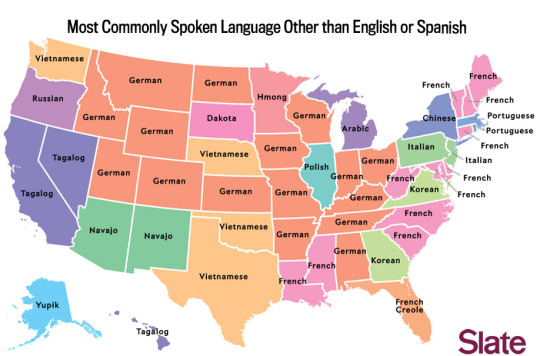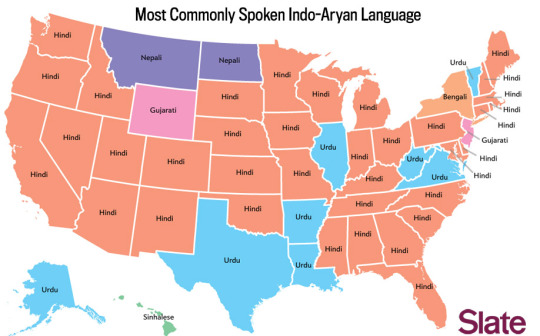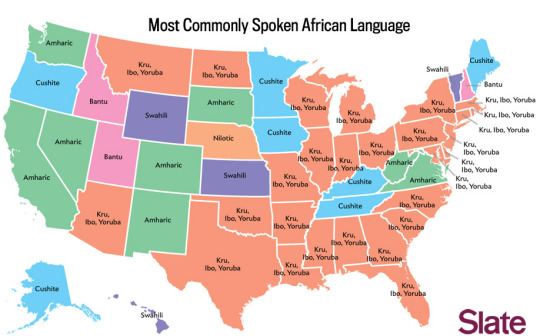Text
i havent been working on russian much at all recently and i can feel my command of the language slipping away 😭
7 notes
·
View notes
Text
English Vocabulary
All words are taken from Magoosh vocabulary builder!
Chimera - something made up of parts of things that are very different from each other
Hauteur - a formal and unfriendly way of behaving that suggests that the person thinks they are better than other people
Malfeasance - an example of dishonest and illegal behaviour, especially by a person in authority
Reprisal - an act of damage or injury against an enemy in reaction to an act of damage or injury done to you
To consecrate - to officially make something holy and able to be used for religious ceremonies
To deride - to show that you think someone or something is ridiculous or of no value
To exclude - to decide that something is not true or possible
To transmute - to change something completely, especially into something different and better
Base - not showing any honour and having no morals
Dispassionate - able to think clearly or make good decisions because of not being influenced by emotions
Reverent - showing great respect and admiration
Obliging - willing or eager to help
54 notes
·
View notes
Text
reading yiddish hurts my brain but thats how i know im learning!
4 notes
·
View notes
Text
i cant focus on any of my schoolwork the past few days :(
2 notes
·
View notes
Text
the web browser opera is superior to chrome in every* way
*certain streaming sites *cough hbo max cough* dont work but the options it gives are so much better than chrome AND IT DOESNT TRACK YOU
1 note
·
View note
Text
ahhhh my winter intensive history class starts tomorrow and i’m so not ready!!!! she wants us to watch a lot of stuff outside of class, do readings, and watch her three hour lectures synchronously. plus we’re having an exam every week that’s going to be in the form of an essay kdjfaklsdjfakd help
1 note
·
View note
Text
my inlaws told me that my accent in russian is “surprisingly good” 🥺
1 note
·
View note
Text
when you don’t know a word in your target lang so you make up a compound word and it turns out to be the word you didn’t know:

3K notes
·
View notes
Text
you don’t know how much of your target language you truly know until you can’t find a wikipedia article on a song in anything but that language
1 note
·
View note
Text
you ever have a class with a student in it that thinks they're the protagonist of the course. they act like they're the main character of MATH 251
#unfortunately realized too late into the semester that i was doing this with lcd 101#but to be fair my professor always seemed actually interested in the tidbits i gave her about russian
46K notes
·
View notes
Text
one thing i have learned this year reading a lot of old-timey diaries is that they straight up did not know anything about medicine. i mean less than nothing. sylvia plath writes in her journal that she’s got a bad cold but fortunately the doctor has prescribed her some cocaine drops so she should be okay. louisa may alcott is like well i am in horrible pain for no apparent reason (after being treated with mercury for the fever she developed working as a nurse in a civil war hospital) but fortunately i am able to sleep pretty well at night thanks to this opium i’ve been prescribed. franz kafka is totally fine all spring and summer just writing about going out for coffee and seeing plays with his friends and then november hits and he’s like “i am in agony life is meaningless i am a worm upon the earth” and it truly is like franz buy a sun lamp king
46K notes
·
View notes
Text
i don’t think i have imposter syndrome in most things, but whenever i want to post in my target language, it hits HARD. like, why do i even bother if it’s just forced and i can’t say what i want with the depth and complexity that i can in english. which is stupid because how else am i going to become more comfortable posting in it but.
2 notes
·
View notes
Text
The agonizing wish to learn fifty languages at the same time and the subsequent difficulty to balance them out, resulting in several shallow languages and the unreachable dream of fluency am I right ladies
#ugh this is how i feel#i guess i havent technically really begun yiddish yet#im leaving that for when i start my class next month#but i worry that itll interfere with my russian#ughhh
266 notes
·
View notes
Text
tchaikowsky donating his skull to the royal shakespeare company in the hopes of becoming yorick is the most dramatic ass dark academia shit ever and you can’t convince me otherwise
#i feel like some people think this is about tchaikovsky (russian)#when its not#but still interesting nonetheless
146K notes
·
View notes
Text
very difficult to find videos in my target language about my interests when my only interest is learning my target language
1 note
·
View note
Text
Languages of Europe
Latvian (latviešu valoda)
Basic facts
Number of native speakers: about 1.7 million
Official language: Latvia, European Union (EU)
Language of diaspora: Australia, Belgium, Brazil, Canada, Estonia, Ireland, Lithuania, New Zealand, Russia, Ukraine, United Kingdom, United States
Alphabet: Latin, 33 letters
Grammarical cases: 7
Linguistic typology: inflectional, SVO
Language family: Indo-European, Balto-Slavic
Number of dialects: 3
Longest word: pretpulksteņrādītājvirziens (counterclockwise direction of movement) - 31 letters
History
10th century BCE - Baltic languages formed a separate branch from other Indo-European languages
800 CE - differentiation between Lithuanian and Latvian started
1530 - oldest known examples of written Latvian
1585 - oldest preserved book
1774 - first encyclopedia in Latvian
1908 - modern Latvian alphabet
1991 - re-establishment of Latvia’s independence
1999 - Official Language Law adopted
Latvian is one of the two surviving Eastern Baltic languages of the Indo-European family. Unlike Lithuanian, Latvian did not retain many archaic forms.
Writing system and pronunciation
These are the letters that make up the alphabet: a ā b c č d e ē f g ģ h i ī j k ķ l ļ m n ņ o p r s š t u ū v z ž.
Vowels in Latvian may be long or short. Both stressed and non-stressed vowels are pronounced the same way. The length of vowels is denoted by a macron above the letter: ā, ē, ī, ū.
The semi-consonant j after vowels can create diphthongs, while the consonant v can also create diphthongs.
Latvian, with a few exceptions, has fixed initial stress. There are three types of tones: level, falling and broken.
Consonants can be voiced or voiceless, hard or soft, and also have different characteristics according to the place and manner of articulation.
Grammar
The word order in sentences is free, it depends on the word which has the most significant meaning in the sentence. Latvian does not possess articles but adjectives have a quality of definiteness/indefiniteness.
Nouns in Latvian express the categories of gender, number and case. There are seven cases: nominative, genitive, dative, accusative, instrumental, locative, and vocative.
Adjectives are inflected for gender, number and case; therefore they agree with the nouns that govern them. A peculiar feature of Latvian adjectives is that they have full and short forms.
Verbs in Latvian express voice, tense (past, present and future), mood and can be inflected by person and number. They also have lots of participle forms.
Interestingly, Latvian doesn’t have strong swear words. Those who feel like swearing have to use Latvian pejoratives or the vast resources of Russian or English.
Dialects
There are three main dialects of Latvian: Livonian (lībiskais dialekts), Middle (vidus dialekts) and High/Upper (augšzemnieku dialekts).
The Livonian dialect of Latvian was more affected by the Livonian language than Latvian in other parts of the country. It is divided into the Vidzeme and the Courland varieties.
The Middle dialect is spoken in central and southwestern Latvia. It is divided into the Vidzeme, the Curonian and the Semigallian varieties. Standard Latvian is based on this dialect.
Upper Latvian is spoken in eastern Latvia. It is set apart from the rest by a number of phonetic differences. It has two main varieties: Selonian and Non-Selonian.
#my wifes mother is latvian#although she fled the ussr so she only spoke russian as a child#im interested in the language
88 notes
·
View notes





